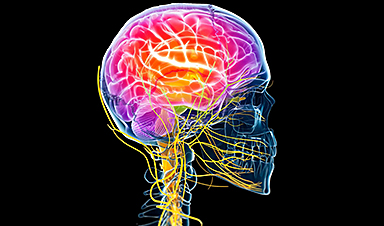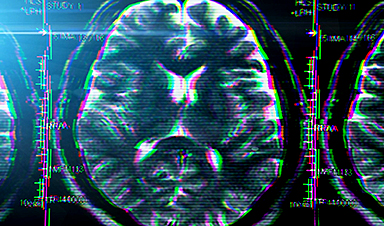From a blog by VALID advisor Christian Sillaber, Senior Researcher on IT-Security
The European Union’s General Data Protection Regulation (GDPR) came into effect on May 25, 2018. It is already clear that the new law, which is in many respects ground-breaking, is struggling to keep up with the pace of technological change. If this issue is not addressed, the GDPR will undermine citizens’ ability to use blockchain.
The core of the problem is that, in addition to the explicit declaration of the rights of the data subject (access to data, data portability, right to erasure, right to correction etc.), the GDPR also mandates that data controllers and processors abide by the principle of “data protection by design and default”. This means designing services and software with privacy as a foundational consideration rather than as an afterthought or add-on. The implied design requirements and goals seem to be at odds with the fundamental ideas behind blockchain and other emerging distributed ledger technologies — in particular transparency, immutability and egalitarian access to the data.
The GDPR applies to the processing of personal data (Art. 2 para. 1 GDPR), that is, any information relating to an identified or — by the use of additional information — identifiable person (Art. 4 para. 1 GDPR). Although the cryptographic identities used by most participants of public permissionless distributed ledger systems are not directly linked to identified natural persons, it is — under certain circumstances — possible to identify participants through additional information (e.g. correlation of the person’s activities with third party data). Therefore, data stored and processed in most public, permissionless blockchain systems should be considered personal data. Little doubt also remains that territorial applicability can also be established for most distributed ledger systems, as they are either (partially) operated from within the EU or are actively used to process data from data subjects located in the EU.
Public, permissionless distributed ledger systems enable their participants to maintain a public database without the need for a trusted central authority or mutual trust. Any participant may enter or leave the system at any time and, therefore, access the data of the ledger at any time.
Image Credit: Valid
News This Week
According to Researchers, Your Breathing Patterns Could Hold the Key to Better Memory
Breathing synchronizes brain waves that support memory consolidation. A new study from Northwestern Medicine reports that, much like a conductor harmonizes various instruments in an orchestra to create a symphony, breathing synchronizes hippocampal brain waves to [...]
The Hidden Culprit Behind Alzheimer’s Revealed: Microglia Under the Microscope
Researchers at the CUNY Graduate Center have made a groundbreaking discovery in Alzheimer’s disease research, identifying a critical link between cellular stress in the brain and disease progression. Their study focuses on microglia, the brain’s immune [...]
“Mirror Bacteria” Warning: A New Kind of Life Could Pose a Global Threat
Mirror life, a concept involving synthetic organisms with reversed molecular structures, carries significant risks despite its potential for medical advancements. Experts warn that mirror bacteria could escape natural biological controls, potentially evolving to exploit [...]
Lingering Viral Fragments: The Hidden Cause of Long COVID
Long COVID, affecting 5-10% of COVID-19 patients, might be caused by the enduring presence of the virus in the body. Research suggests that viral fragments, possibly live, linger and lead to symptoms. Addressing this involves antiviral treatments, enhanced [...]
Hidden Scars: How COVID Lockdowns Altered Teen Brains Forever
Research from the University of Washington revealed that COVID-19 lockdowns led to accelerated cortical thinning in adolescents, impacting brain development significantly. This effect was more pronounced in females than males, raising concerns about long-term brain health. The study [...]
Simple Blood Test To Detect Dementia Before Symptoms Appear
UCLA researchers have identified placental growth factor (PlGF) as a potential blood biomarker for early detection of cognitive impairment and dementia. High PlGF levels correlate with increased vascular permeability, suggesting its role in the development [...]
Investing Goldman Sachs asks ‘Is curing patients a sustainable business model?’
Goldman Sachs analysts attempted to address a touchy subject for biotech companies, especially those involved in the pioneering “gene therapy” treatment: cures could be bad for business in the long run. “Is curing patients [...]
The risks of reversed chirality: Study highlights dangers of mirror organisms
A groundbreaking study evaluates the feasibility, risks, and ethical considerations of creating mirror bacteria with reversed chirality, highlighting potential threats to health and ecosystems. In a recent study published in Science, a team of researchers [...]















Leave A Comment